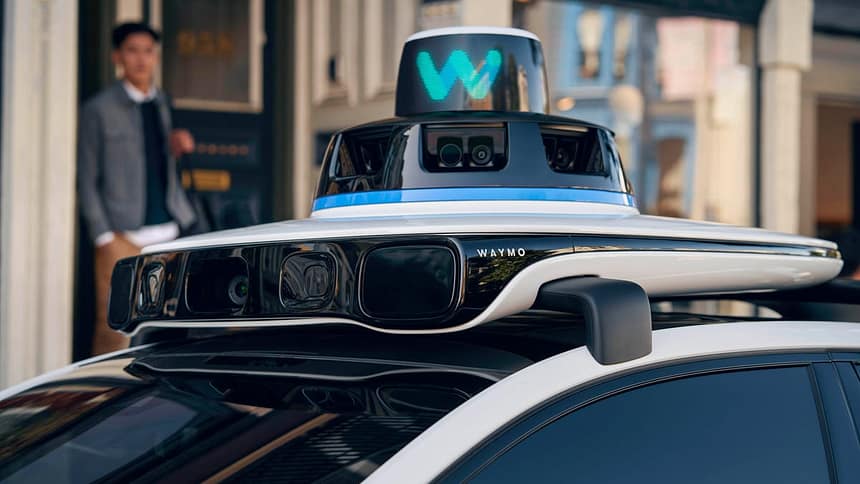Popular robotaxi and self-driving car company Waymo has recalled 1,200 of its driverless electric vehicles after reporting crashes with certain types of road barriers.
Waymo filed a report with the National Highway Traffic Safety Administration, saying it is aware of 16 different car collisions between 2022 and 2024, primarily involving chains, gates and similar barriers. The company says it provides more than 250,000 paid taxi trips every week and plans to expand this significantly in 2025 and 2026.
Waymo originally provided free software updates and repairs for affected vehicles, but has followed this with a full recall of Waymo cars with 5th Generation Automated Driving Systems and software versions released before Nov. 7, 2024.
A Waymo spokesperson told CNET that the recalls are not affecting any vehicles currently on the road, and the previous software update was designed to significantly decrease the likelihood of such events. “We hold ourselves to a high safety standard, and our record of reducing injuries over tens of millions of fully autonomous miles driven shows our technology is making roads safer,” the spokesperson said. “NHTSA plays a vital role in road safety, and we will continue to work collaboratively with the agency as part of our mission to be the world’s most trusted driver.”
CNET also reached out to Anirudh Bhoopalam, head of the autonomous driving section at Lux Research, for a look at what this means for the industry. “What we’re seeing here is not unusual as software-based recalls have happened before and will continue to happen as the technology matures,” he told us. “Waymo remains the clear leader in the robotaxi space, and this recall will not really impact their trajectory or public perception meaningfully, especially as the company voluntarily addressed the issue.”
Waymo, a car-focused division of Google’s Alphabet parent company, currently offers robotaxi services in Phoenix, San Francisco, Los Angeles and Austin, Texas. In the coming years, it plans to expand into Atlanta with an Uber partnership and eventually move into Washington, DC, Miami and Tokyo.
The car company also announced plans in early 2025 to launch manually driven vehicle tests in 10 cities this year.






